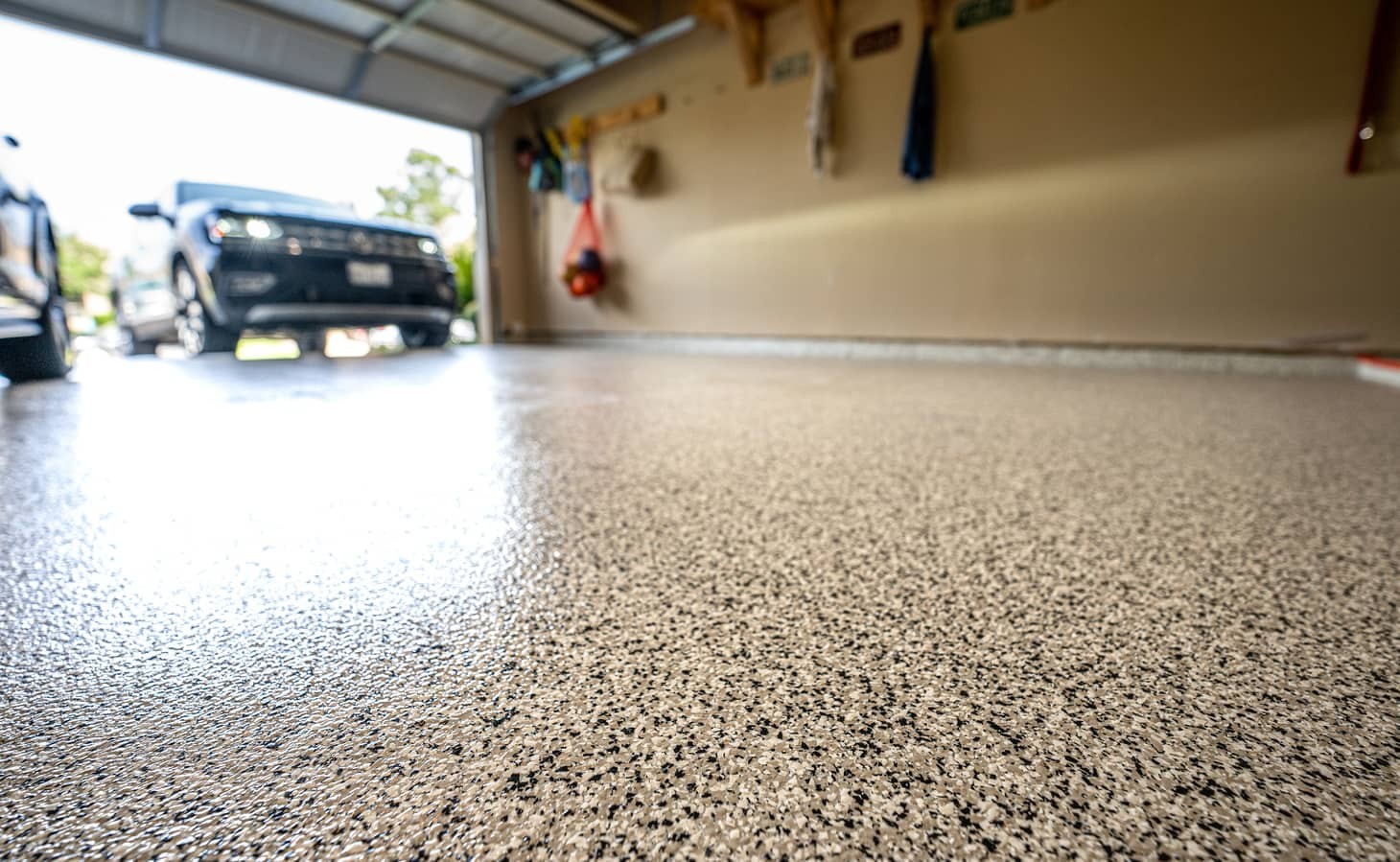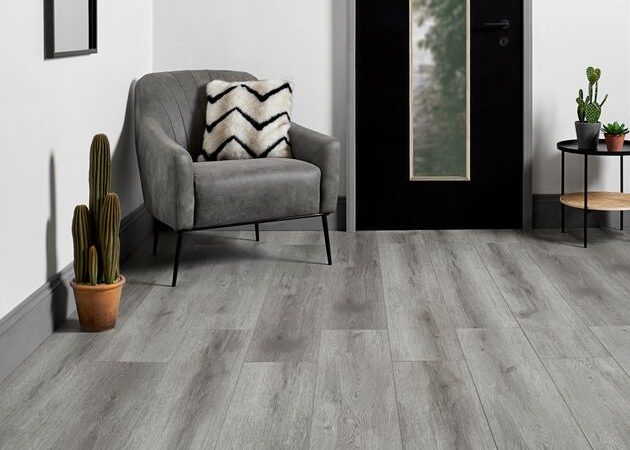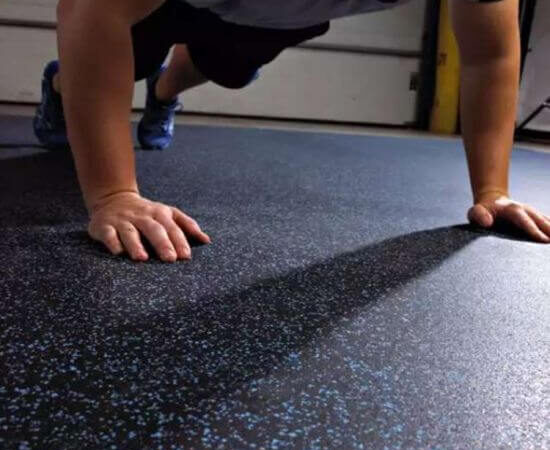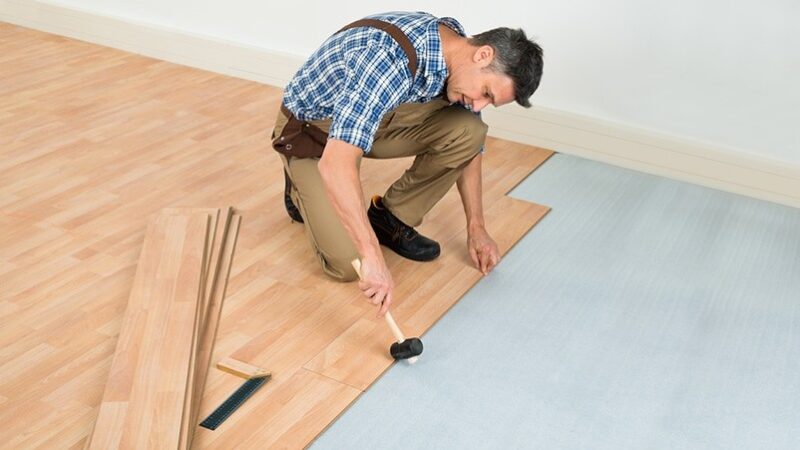How Long Will My Epoxy Floor Last?

When it comes to flooring solutions, epoxy floors have gained popularity for their durability, ease of maintenance, and stylish appearance. Whether it’s in a garage, commercial setting, or even in homes, epoxy flooring offers a long-lasting, seamless solution that can withstand high traffic and harsh conditions. But like any flooring material, you may be wondering: how long will my epoxy resin flooring last? In this blog, we will explore the factors that influence the lifespan of an epoxy floor, signs that your epoxy floor needs attention, and how you can ensure your floor stays in top condition for years to come.
What Is Epoxy Flooring?
Epoxy resin flooring is a coating made from a resin compound that forms a hard, durable surface when applied to concrete or other flooring materials. It’s often used in environments where durability and strength are critical, such as garages, warehouses, kitchens, and industrial settings. The epoxy resin, once hardened, creates a seamless, high-gloss finish that is resistant to stains, chemicals, and abrasions.
Factors That Influence the Lifespan of an Epoxy Floor
While epoxy flooring is known for its longevity, its lifespan can vary based on several factors. Below are the main elements that influence how long your epoxy floor will last:
- Quality of Installation
- The installation process plays a crucial role in the longevity of your epoxy floor. A poorly prepared surface or incorrect application can cause the epoxy to crack or peel prematurely. It’s essential to have a professional install your epoxy floor to ensure the right conditions for adhesion and curing. A well-prepared surface leads to a longer-lasting floor.
- Type of Epoxy Used
- There are different types of epoxy formulations, and the type used can impact the floor’s durability. For example, high-quality, commercial-grade epoxy is designed to last longer in high-traffic areas than low-cost or DIY-grade epoxies. Be sure to choose the right epoxy for your space and usage.
- Traffic Volume
- How much foot traffic or vehicle traffic your epoxy floor experiences will have a big impact on its lifespan. In a garage or a factory with heavy machinery, the epoxy floor will wear faster than in a home with moderate foot traffic. High-traffic areas may need to be recoated more frequently.
- Exposure to Chemicals
- Epoxy floors are resistant to many chemicals, but exposure to harsh chemicals or acids over time can wear down the surface. In environments such as factories or laboratories where chemicals are frequently used, you may need to take extra precautions to avoid damaging the floor.
- UV Exposure
- Ultraviolet (UV) rays from sunlight can cause some types of epoxy flooring to discolor or degrade. While many modern epoxy systems include UV-resistant additives, floors exposed to direct sunlight for long periods may begin to fade or yellow. UV-resistant coatings can help prevent this issue in areas with high sun exposure.
- Maintenance
- Regular maintenance is essential for prolonging the life of your epoxy floor. Sweeping or vacuuming dust and dirt off the floor regularly, cleaning spills immediately, and applying a fresh coat of epoxy as needed can significantly extend the life of your floor.
How Long Can You Expect Your Epoxy Floor to Last?
On average, with proper installation, care, and maintenance, an epoxy floor can last anywhere from 5 to 10 years in residential settings. However, in high-traffic commercial or industrial environments, the lifespan may be slightly shorter, typically around 3 to 5 years before needing a touch-up or re-coating.
Residential Epoxy Floors: If installed correctly in a home or garage, and maintained well, an epoxy floor can last up to 10 years or even longer. The lighter traffic and lack of exposure to harsh chemicals help preserve its appearance and structural integrity.
Commercial or Industrial Epoxy Floors: In commercial settings, where the floors experience more wear and tear, epoxy floors usually last between 3 and 5 years before showing signs of wear. This timeframe can vary depending on the type of business, the level of foot traffic, and the use of heavy equipment.
Signs That Your Epoxy Floor Needs Attention
Even though epoxy floors are built to last, they are not impervious to damage. Some common signs that your floor may need repairs or re-coating include:
- Cracking or Chipping
- If you notice cracks or chips in the surface of the epoxy, it could be a sign of improper installation or wear and tear over time.
- Fading or Discoloration
- Excessive exposure to sunlight can cause the floor to discolor or fade, especially in areas that are not protected by UV-resistant coatings.
- Peeling or Bubbling
- If the epoxy starts to peel or bubble, this could be due to moisture underneath the surface or a poor bonding to the substrate. This is a more serious issue and may require a professional to fix.
- Scratches and Scuffs
- Minor scratches and scuffs are normal, especially in high-traffic areas. However, if you notice deep scratches or the surface is becoming rough, it might be time to recoat.
How to Extend the Life of Your Epoxy Floor
To get the maximum lifespan out of your epoxy floor, follow these tips:
- Regular Cleaning: Sweep or mop your floor regularly to remove dirt and debris that can cause scratches.
- Protective Mats: In areas where heavy machinery or vehicles are used, consider placing protective mats to reduce friction and prevent damage.
- Recoat as Needed: Depending on the level of wear, consider recoating the floor every 3-5 years to maintain its glossy appearance and protect it from further damage.
- Avoid Harsh Chemicals: Limit exposure to harsh chemicals, such as acids or strong solvents, that can break down the epoxy.
- UV Protection: Use UV-resistant coatings in areas exposed to direct sunlight to prevent fading and discoloration.
Conclusion
Epoxy floors are an excellent investment for durability, beauty, and long-term performance. With proper installation, care, and maintenance, your epoxy floor can last anywhere from 5 to 10 years, or longer in some cases. By keeping an eye on signs of wear, choosing the right type of epoxy, and maintaining the floor regularly, you can enjoy its benefits for many years to come.
Ultimately, the key to longevity lies in regular care and maintenance, as well as a professional installation that ensures a solid foundation for your floor to thrive. So, whether you’re installing epoxy floors in your home, garage, or business, rest assured that with the right approach, your epoxy floor will stand the test of time.




